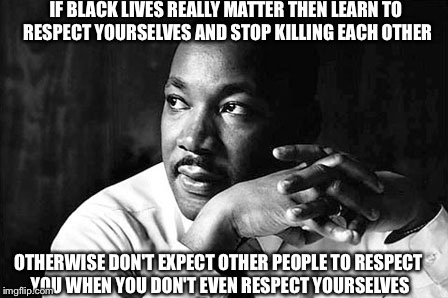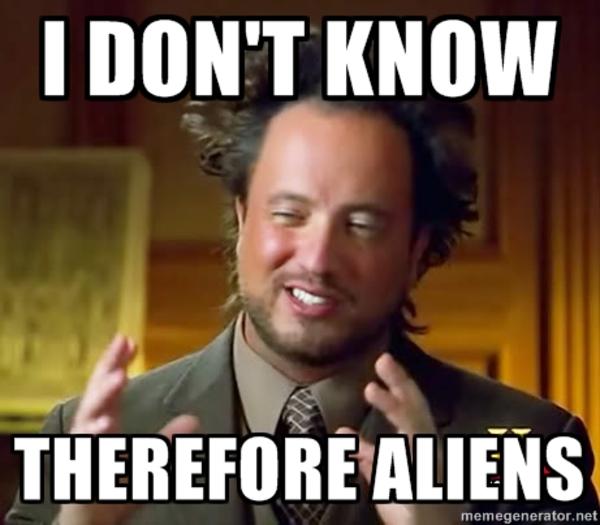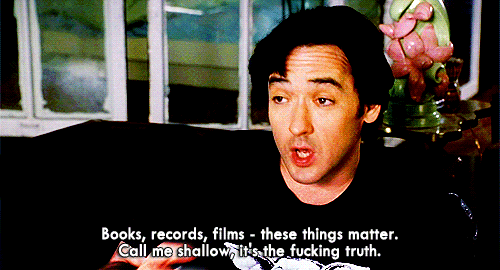There’s a really interesting link to be made with Willard here. Nietzsche is taking on the philosopher (as well as Enlightenment thinking), as philosophers tend to position themselves at the center of universe because they are on the search for truth. He challenges the science of it, saying that the telescopic (read: narrow) inquiry is futile as they are on a search for something that is not there. In other words, the more a philosopher tries to focus in on “the truth,” the more a philosopher loses sight of the purpose of the inquiry.
Likewise, Willard takes on patriarchal exegesis as though it, too, is a science. By using the telescopic metaphor (similar to Nietzsche), she makes it clear that a search for truth in such a narrow sense is useless to the human endeavor. From “The Letter Killeth”:
“We need women commentators to bring out the women’s side of the book; we need the stereoscopic view of truth in general, which can only be had when a woman’s eye and man’s together shall discern the perspective of the Bible’s full-orbed revelation…while they turn their linguistic telescopes on truth, I may be allowed to make a correction for the “personal equation” in the results which they espy” (1126).
Although Willard does suggest that the truth can be reached (a “full orbed revelation”), it is not until both halves — the woman’s and the man’s — is taken into account. Again, the more a male preacher tries to focus in on "the truth," the more he loses sight of the purpose of the inquiry. Really, all of humanity is a stake for Willard.
I don't know. There’s something going on with eyes and telescopes and science and philosophy and exegesis, but I’m not quite sure how to articulate it…














